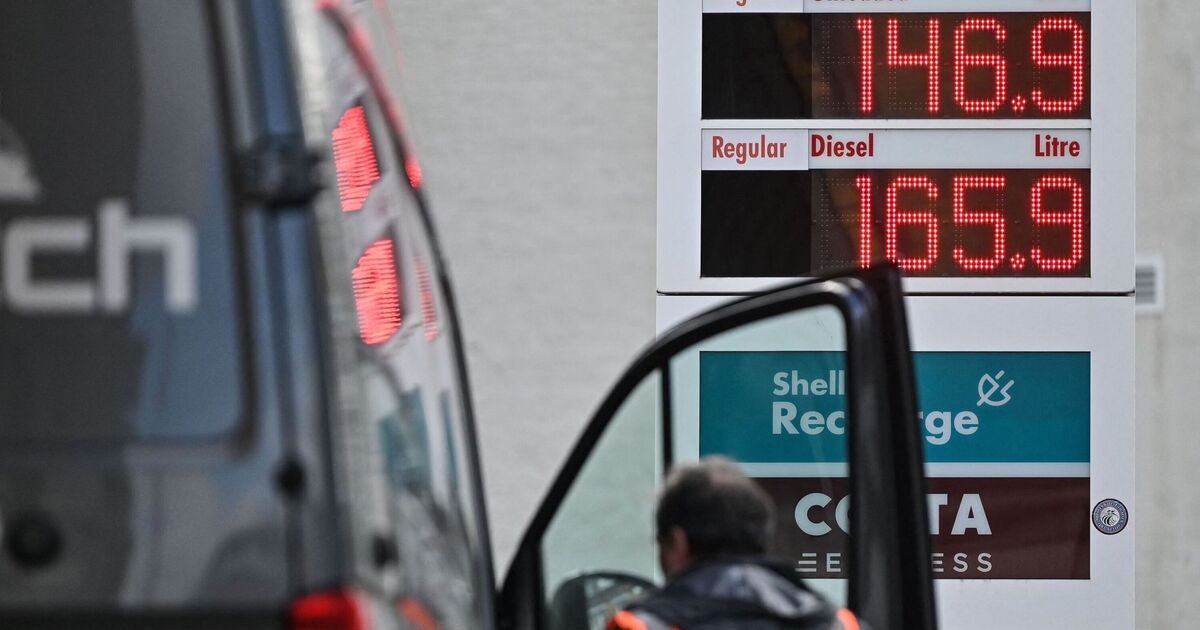The vehicle retailer Motorpoint has shared their predictions on how much the Government could raise fuel duty by.
With the Prime Minister Sir Keir Starmer recently warning the public that the upcoming October Budget would be ‘painful’, many motoring experts are predicting the end of the current freeze on fuel duty.
Tim Rodie, a driving expert at Motorpoint, highlighted that the rise in fuel duty was inevitable, but will likely lead to drivers paying significantly more at the pumps.
He explained: “With the average driver already spending close to £180 a month on fuel, it’s no surprise that the prospect of further price increases has been met with apprehension.
“While the fuel duty cut introduced in 2022 was only ever a temporary measure, anything that puts additional financial pressure on motorists is going to be largely unpopular.”
For the first time in 15 years, the Government has refused to rule out rising the cost of fuel duty, which currently stands at 53p for each litre of petrol or diesel bought.
By removing the current 5p cut on the duty, Motorpoint warns that drivers will typically pay around £2.35 more every time they fill up their vehicle.
Over the space of a year, this could mean that the average motorist may need to fork out around £107 more on petrol and diesel each year.
To help drivers avoid having the shell out more for fuel, Tim highlighted that motorists should avoid veering over the speed limit, which can reduce economy.
He added: “Speeding won’t just leave you at risk of a fine and points on your licence, but it’s terrible for fuel economy. Research has shown that sticking to the speed limit on the motorway can increase fuel efficiency by up to 25% compared with driving at 80mph.
“So, to save fuel, it’s a good idea to stick within the speed limit and try to drive at a consistent speed as much as possible.”
Tim also recommended following the Highway Code to the letter to prevent bad driving habits from forming and increasing fuel consumption.
He adivsed: “Over time, we all pick up bad habits, but driving like you did when you took your test can really help with fuel efficiency.
“For example, no matter how desperate you are to get to your destination, accelerating too quickly will waste fuel and won’t do much for your arrival time.”











